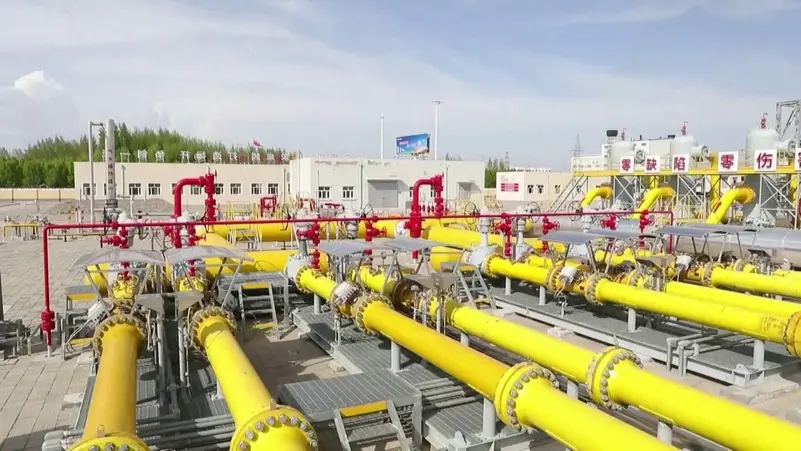
Oil prices surged to a four-month high on Tuesday as Chinese and Indian buyers sought alternative suppliers following the latest round of stringent US sanctions on Russian oil. Brent crude futures dipped 22 cents, or 0.27%, to $80.79 a barrel, while US West Texas Intermediate (WTI) crude futures declined 16 cents, or 0.2%, to $78.66 a barrel.
This slight decrease followed a near 2% gain in the previous session after the US Treasury Department imposed sanctions on Gazprom Neft and Surgutneftegaz, along with 183 tankers operating in Russia's "shadow fleet" on Friday. A US official anticipates these measures will cost Russia billions of dollars monthly.
ING analysts noted that a
significant portion of Russia's "shadow fleet" of oil tankers has
been sanctioned, hindering Russia and buyers from circumventing the G7 price
cap. These sanctions could potentially remove up to 700,000 barrels per day
(bpd) from the market, potentially offsetting the anticipated global oil
surplus this year. However, analysts acknowledged that the actual impact might
be less severe as market participants may find ways to continue circumventing
sanctions.
Robert Rennie, head of commodity
and carbon strategy at Westpac, stated that the new measures could disrupt
800,000 bpd of Russian crude exports "for an extended period" and up
to 150,000 bpd of diesel exports. Rennie predicted that Brent crude prices
could reach $85 per barrel, citing the extension of OPEC+ production cuts as a
contributing factor.
Goldman Sachs projected that
Brent crude prices could surpass $85 per barrel in the near term and even reach
$90 if declining Russian production coincides with a decrease in Iranian
production. However, weak demand from China, a major oil importer, could
mitigate the impact of falling supply. Official data released yesterday
revealed that China's crude oil imports declined in 2024 for the first time in
two decades, excluding the period impacted by the COVID-19 pandemic.
Six European countries urged the European Union yesterday to lower the $60 per barrel price cap on seaborne Russian crude oil and refined petroleum products. These measures aim to limit Russia's ability to fund its ongoing war in Ukraine.





